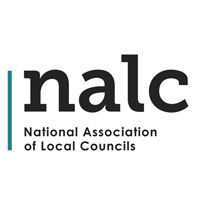As Microsoft ends support for Windows 10 on 14 October 2025, devices that remain on Windows 10 will stop receiving regular security fixes and become excluded from the support for key software—something that goes straight to the heart of AGAR Assertion 10 (Digital & Data Compliance). Assertion 10 expects councils to run secure, well-managed systems (including use of authority-owned email/domains, accessible websites and robust IT policies) and to handle personal data lawfully. Operating an unsupported OS makes it difficult to evidence those controls and increases cyber-risk.
This is also a timely moment to run a light-touch technology audit ahead of expected changes to allow remote attendance and proxy voting at council meetings. The Government’s June 2025 consultation response signalled its intention to permit remote meetings (with local remote-attendance policies), so checking laptops/OS versions, cameras, microphones, room acoustics, connectivity, platform settings, accessibility features, security (MFA, updates, backups) and website arrangements now will put you on the front foot when the legislation arrives.
ALCA is offering an audit service to identify whether or not existing PCs and laptops will be capable of running Windows 11, as well as offering tailored guidance to make all the necessary preparations right up to the point of pressing the ‘Upgrade Now’ button. If you currently run Windows 10 and don’t have dedicated IT support, then this will be offered to member councils for £15 per device and can be booked directly from our training portal.





